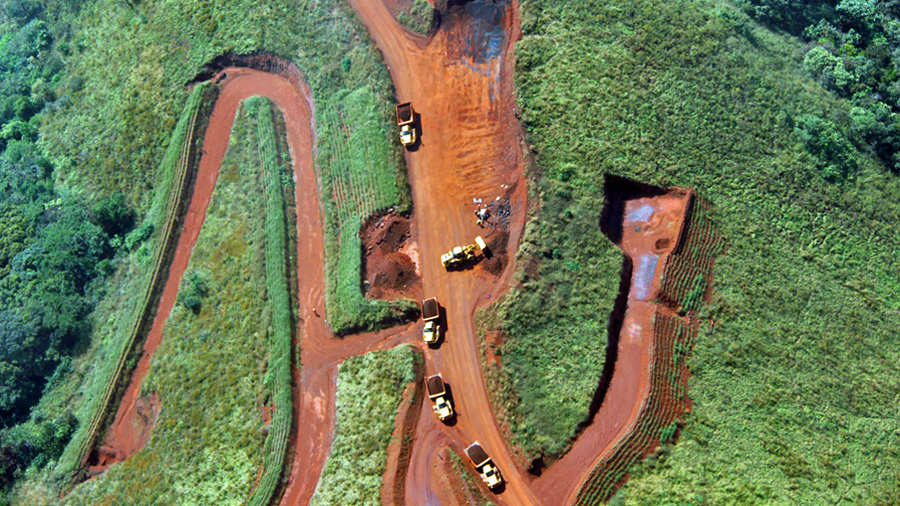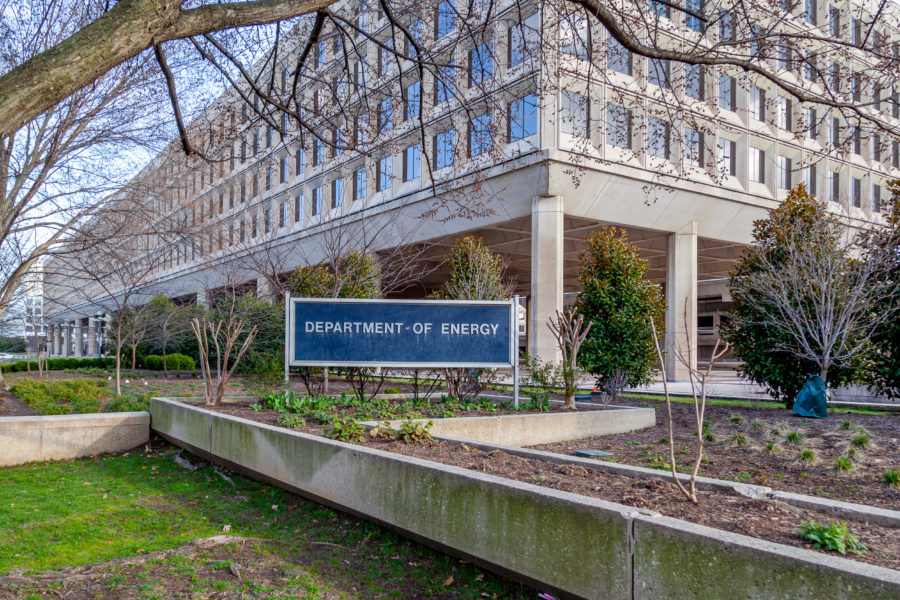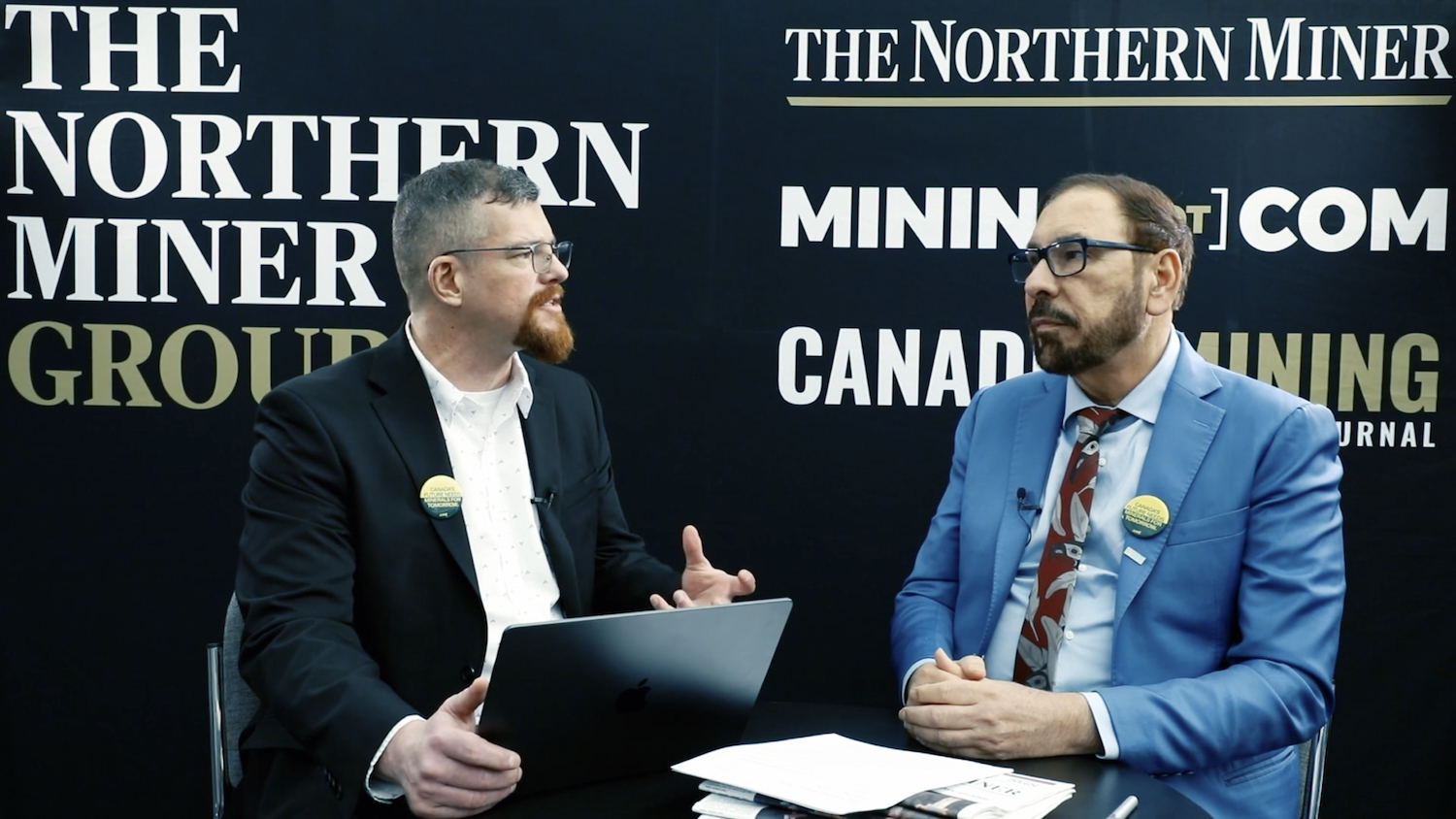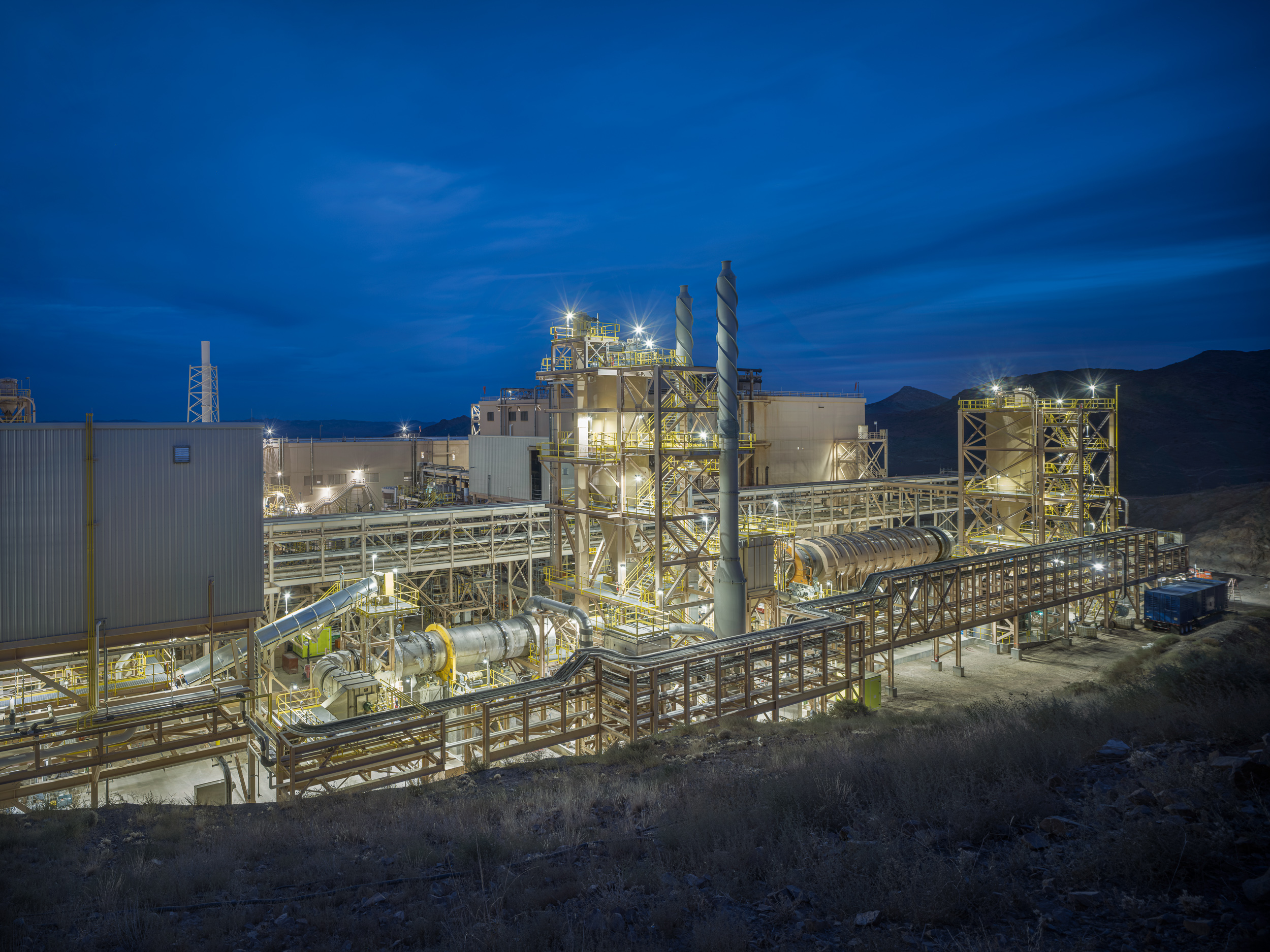Rio Tinto energy and minerals chief suspended over Simandou bribery claims

Rio Tinto (ASX, LON:RIO), the world’s second largest mining company, has suspended Alan Davies, head of its energy and mineral division, after discovering payments made to a consultant working on its Simandou iron ore project in Guinea.
Move comes just days after Rio agreed to sell its stake in the Simandou iron ore project for up to $1.3bn to its partner Chinalco.
Together with alerting US and UK authorities, the miner said it had only recently become aware of emails from 2011 about contractual payments totalling $10.5m made for advisory services on its former project.
“The company launched an investigation into the matter led by external counsel. Based on the investigation to date, Rio Tinto has today notified the relevant authorities in the UK and US and is in the process of contacting the Australian authorities,” it said in a statement.
Rio’s legal and regulatory affairs executive, Debra Valentine, who was due to retire next May, has also stepped down, the company said.
“Rio Tinto intends to co-operate fully with any subsequent inquiries from all of the relevant authorities. Further comment at this time is therefore not appropriate,” the company said in a statement to the Australian stock exchange.
Simandou’s chequered history
In May 2014, the Guinea government and Rio Tinto (LON:RIO) and its partners – China’s Chalco together with the World Bank – inked a landmark $20 billion deal for the southern section of the Simandou iron deposit in Guinea.
Davies was in charge of Simandou in 2011, when the payments were made and also the same year that Rio signed a major agreement with Guinea, which secured its mining rights in the country.
The agreement called for a new 650km railway across the West African country to Conakry, Guinea’s capital in the north, plus a new deep water port at a conservatively estimated cost of $7 billion; infrastructure investments that would double the economy of the impoverished country.
Two years later Rio, the world’s number two producer of iron ore, delivered a bankable feasibility study on the project. In July this year, the Anglo-Australian giant pulled the plug, saying that “in the current environment” it did “not see a way forward,” and only two weeks ago it announced it was exiting it by selling its stake to partner Chinalco.
The deal, worth between $1.1 billion and $1.3 billion payable when Simandou starts commercial production and based on output, could open up a new path to development for the $20 billion project, unless the just launched probe changes Simandou’s faith.
Alan Davies was in charge of the iron ore project in 2011, when the payments were made and also the same year that Rio signed a major agreement with the Government of Guinea, which secured the firm’s mining title.
Davies, a 20-year veteran at Rio and member of the executive committee, was only promoted to the top role in the energy and minerals division in June this year, after a shake-up of the firm’s operations.
He is also a member of Rio Tinto’s ethics committee.

Canga camp. (Image courtesy of Rio Tinto Simandou)
More News
US Department of Energy opens search for Nuclear Innovation Campus hosts
The proposed campuses could support activities across the full nuclear fuel lifecycle.
February 02, 2026 | 04:27 pm
{{ commodity.name }}
{{ post.title }}
{{ post.date }}






Comments
Kenneth Viney
Alan is back home in Monaco. Good luck Alan you made out real well.